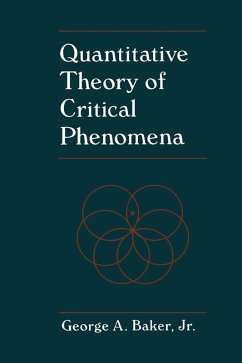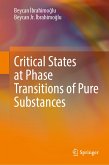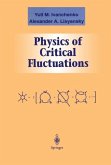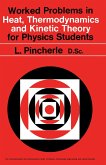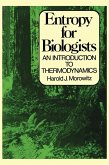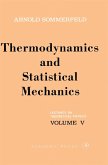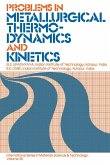The text is divided into three parts. Part I deals with the general theory of critical phenomena - its thermodynamic aspects, statistical mechanical framework, classical model, and inequalities. Part II tackles the combinatorial theory of series generation. Part III covers the quantitative analysis of series expansions, which includes topics such as the complex variable theory, the algebraic aspects and numerical evaluation of Padé approximants, and special continuation methods.
The book is recommended for mathematicians and physicists who would like to know more about critical phenomena, its theories, and the methods for its quantitative study.
Dieser Download kann aus rechtlichen Gründen nur mit Rechnungsadresse in A, B, BG, CY, CZ, D, DK, EW, E, FIN, F, GR, HR, H, IRL, I, LT, L, LR, M, NL, PL, P, R, S, SLO, SK ausgeliefert werden.

